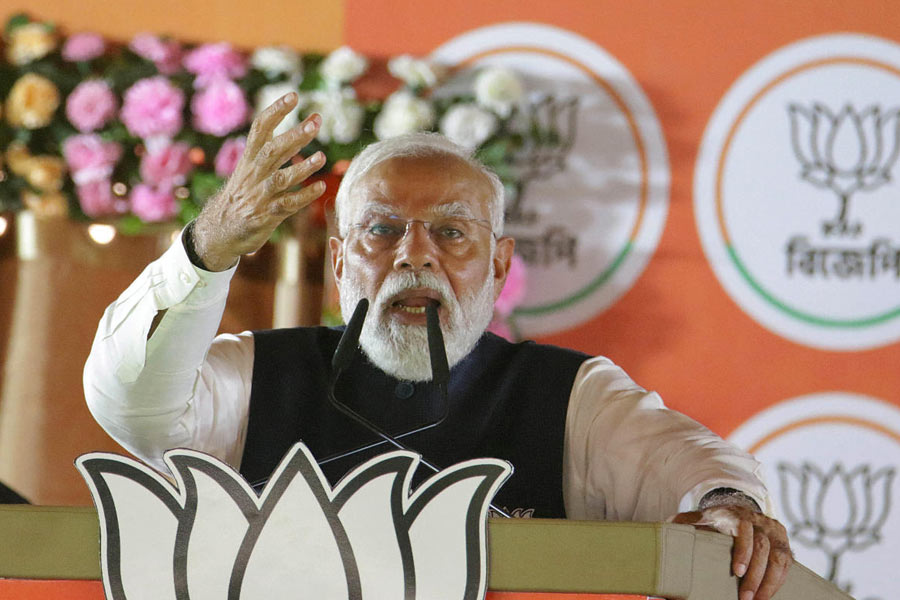Truth is one of the principal casualties of war. The prime minister, Narendra Modi, is proving this maxim — repeatedly — in the battlefield called elections. After making the dubious claim about the Congress’s alleged plan to redistribute the wealth of citizens among Muslims, Mr Modi latched on to a comment made by Sam Pitroda, the chairman of the Indian Overseas Congress, to allege that India’s Grand Old Party intends to impose an inheritance tax if it is returned to power. The truth of the matter is that the inheritance tax was abolished by Rajiv Gandhi and the Congress manifesto makes no mention of reviving it. Incidentally, the most recent example of a proposal approximating this controversial tax instrument had come from Arun Jaitley, the former finance minister, in 2017 when Mr Modi — the man who has now raised an accusing finger — was well entrenched in power. It appears that the prime minister intends to double down on this false, frivolous vein: he has gone on to say that Rajiv Gandhi abolished the inheritance tax to prevent Indira Gandhi’s wealth from being passed on to the government.
There is, of course, a strategic motive behind the licences that the prime minister takes with the truth. He and his party intend to whip up fear and anxiety to not only demonise their opponents but also polarise the electorate. A retort from the Congress is likely to trap it in a rhetorical engagement that would deflect public attention from electoral issues of substance. Unfortunately, the Opposition, too, has been receptive to this language of fear: its refrain that Mr Modi’s return to power would signal the end of democracy in India is an example. The debasement of the electoral rhetoric — people’s issues should ideally dominate political debates — is not a matter of concern to the warring parties. The unfolding exchange among electoral adversaries is a classic example of the shape of political engagements in the post-truth age. The weaponisation of falsehood, malicious use of deflection to thwart reflection, wilful contamination of truth — each of these elements is in play in elections in India and around the world. Ironically, the hollowing out of democracy through misinformation is taking place during an election, supposedly a marker of the health of a democracy.











